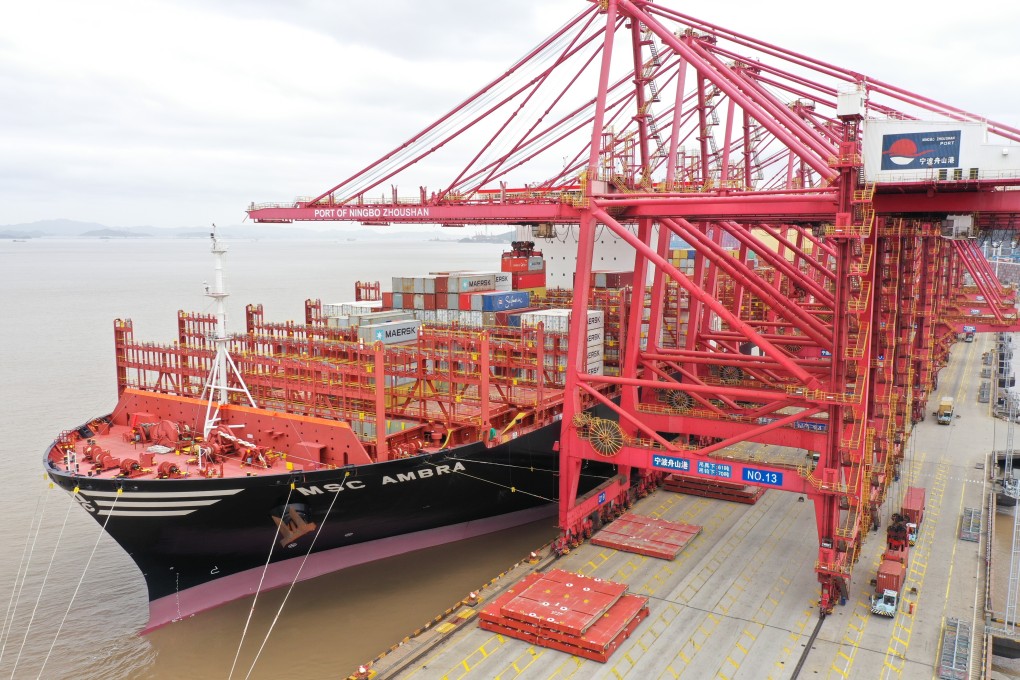How China’s foreign policy priorities could change in post-pandemic world
- A push for economic self-reliance may have implications for international policies including the belt and road strategy
- Observers will be watching Foreign Minister Wang Yi’s press conference on Sunday for clues to any shift in Beijing’s focus

China’s political elite will face a number of political challenges when they gather in Beijing for the year’s biggest legislative set piece – the meetings of the National People’s Congress and the Chinese People’s Political Consultative Conference, informally known as the “two sessions”. In this final part of a series looking at the key items on the agenda, we examine the country’s foreign policy challenges.
Reporters will want to hear the 68-year-old veteran diplomat’s take on the “dual circulation” development model – aimed at reducing China’s economic reliance on overseas demand to keep its vast manufacturing apparatus running. Is it just a shift of focus for the country’s reform and opening-up policies, or does it signal a turning away from global concerns?
Xi stressed the need for self-reliance and innovation in a rallying call to the country to prepare to fend off various long-term challenges from the US, by reducing dependence on imports, amid concerns over supply disruptions caused by the geopolitical tensions between Washington and Beijing.